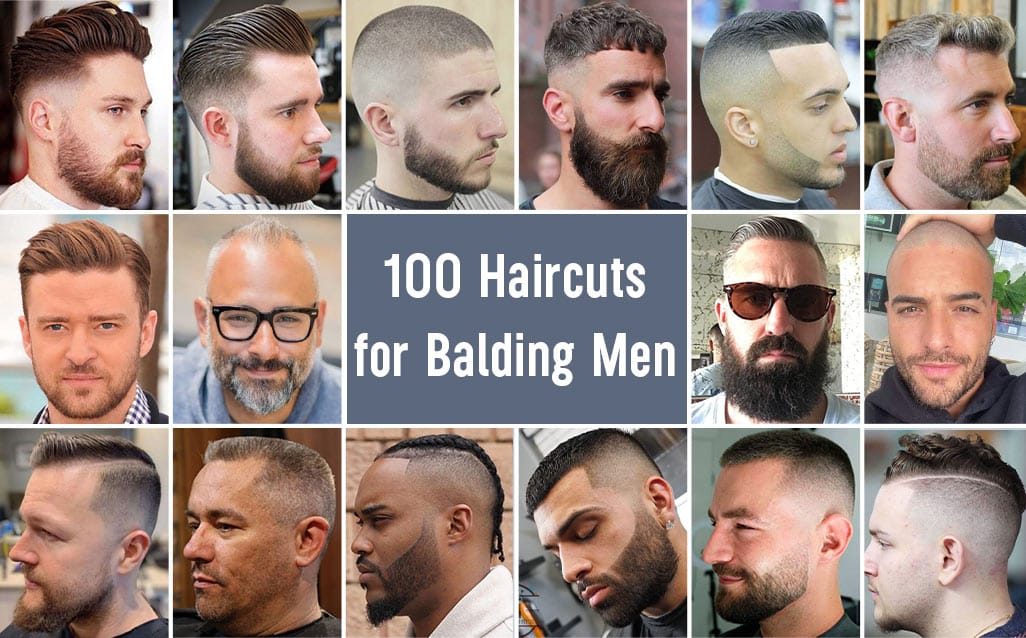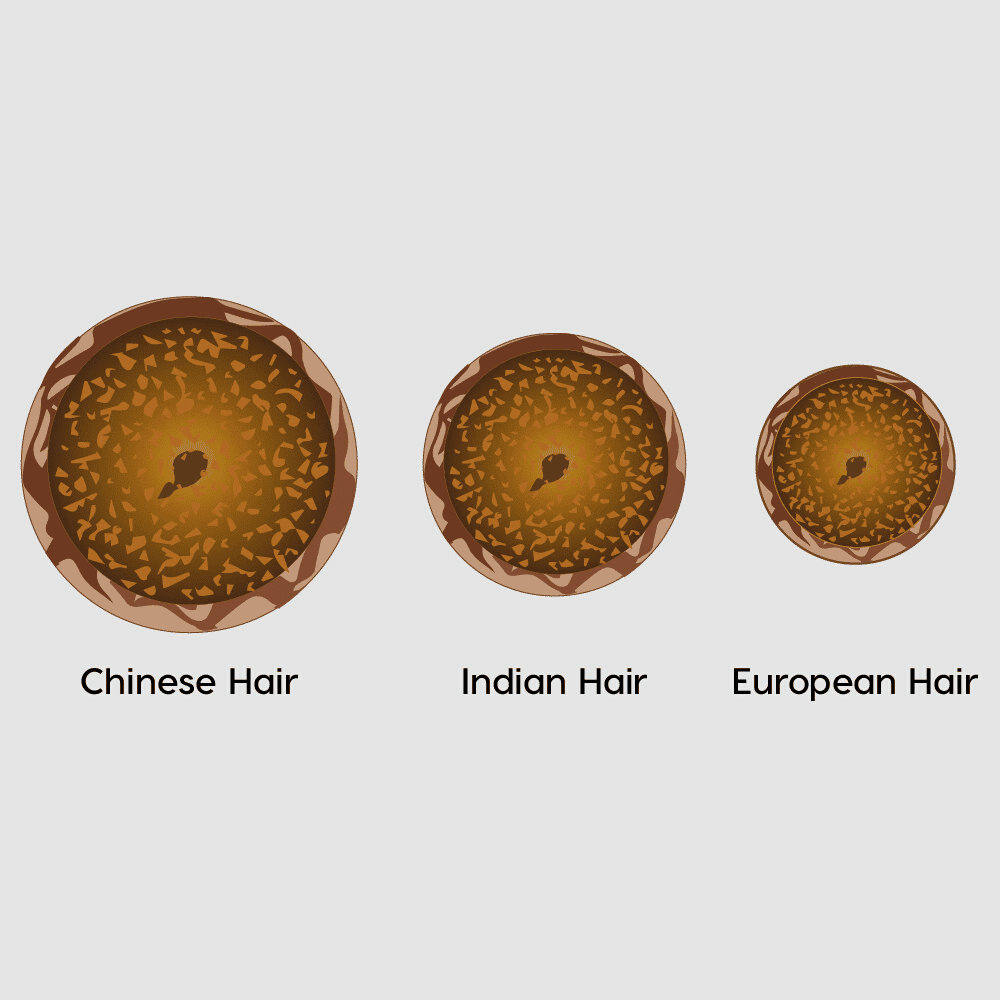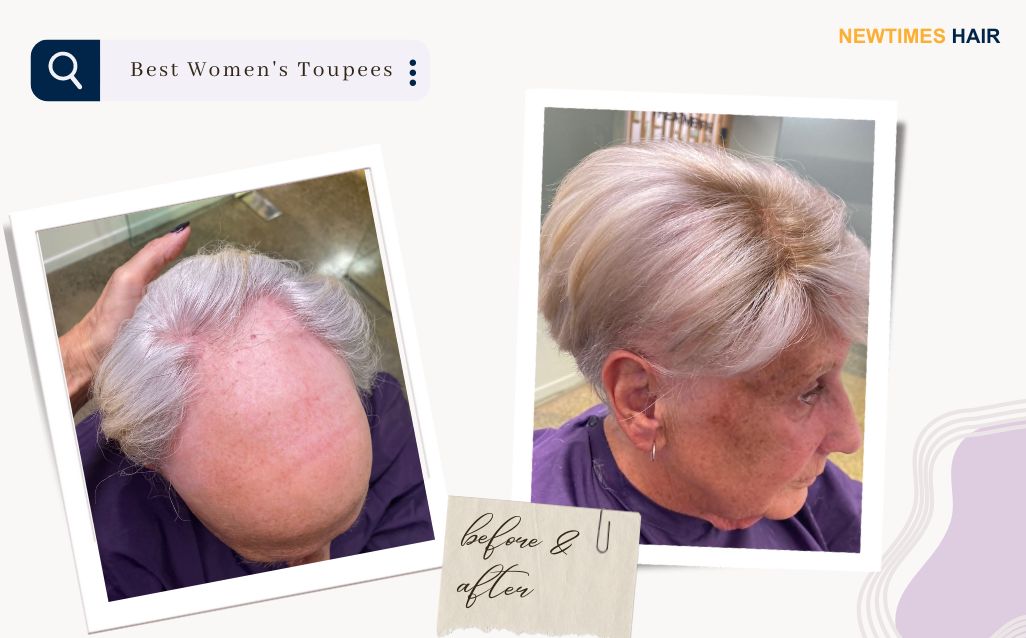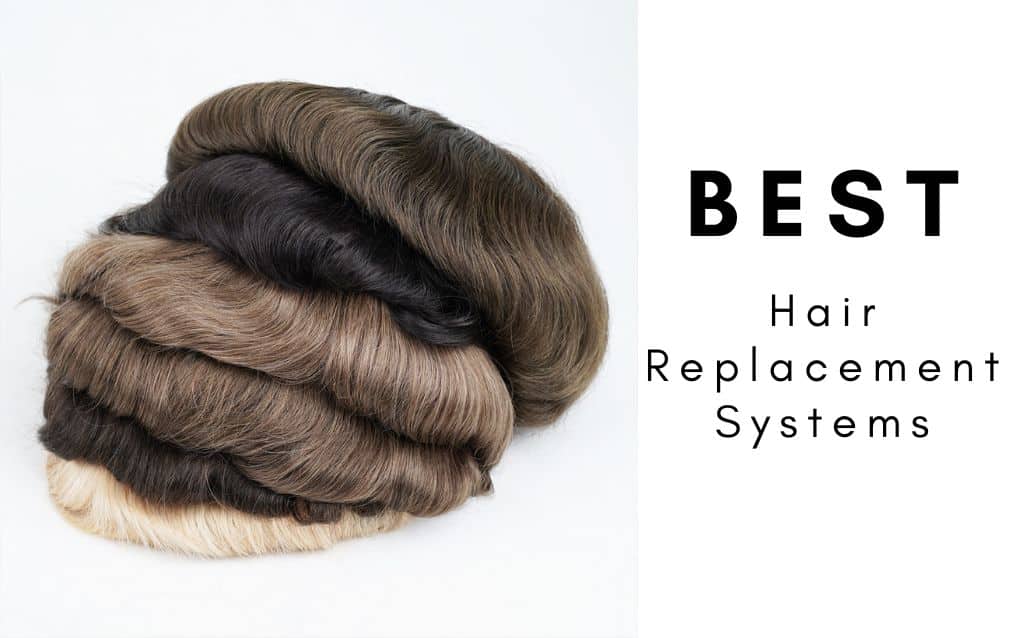With regard to hair systems, when all is said and done, what really matters is the hair. A new head of natural-looking hair is what your clients want. Where to start though? How do you choose the most suitable type of human hair for your clients?
We would like to introduce the four main hair types that we use on our wigs: normal Indian hair, Indian Remy hair, Chinese virgin hair and European hair. Being the defining feature of any custom hair replacement system – the base material should be undetectable after all – it is imperative that you have a strong grasp of all the characteristics of different types of human hair to ensure you can help choose the most suitable hair type for your customers. Aside from describing the texture and appearance of the hair, we will also discuss the type of chemical treatment and processing each hair type can undergo.
(También hemos preparado una versión en español de este video. Lo podrás encontrar al final de la página.)
Normal Indian Hair
We will begin by looking at normal Indian hair. Normal Indian hair is very soft and thin. It has a natural curl and can sometimes be very curly. Since the tip-to-top direction of the hair is very disorderly, the hair will undergo some very heavy acid treatment to remove all the cuticles on the hair. You need to be aware that there will be dyed hair mixed in amongst Indian hair. This is important to know should you be thinking about bleaching the hair at a later stage because dyed hair is very hard to bleach and it can have an adverse effect on the quality of the bleached knots process. Normal Indian hair is the most common type of hair in the hair system market and this is the default hair of all our stock hair systems.
So when should you choose normal Indian hair for your clients?
First, normal Indian hair has the lowest price. So from a cost point of view, normal Indian hair is a good choice. However, for business, we must, of course, think about all the ways our clients can benefit. It cannot just be a case of offering them low prices. Normal Indian hair can be a good choice for two reasons. First of all, normal Indian hair has a good shine to it and has a soft, smooth touch. For its first few months, it can actually be shinier, softer and thinner than Remy or virgin hair because of the heavy acid and softening treatment it has gone through. When your clients choose a very natural but very fragile base material, like Swiss lace, ultra-thin skin 0.03mm base or a French lace with very heavily-bleached knots all over, normal Indian hair would be a good choice. Why? Since these kinds of base cannot last a long time, the base will become damaged before normal Indian hair becomes less shiny than Remy or virgin hair. Your clients, therefore, do not need to spend more money on Remy or virgin hair. Normal Indian hair will be enough. Choosing it can save money for your clients. Secondly, when you want to build up your own stock men’s toupees, normal Indian hair is a good choice. Usually, when clients ask for a stock piece, they require it urgently and will not care too much or ask for too much. Normal Indian hair is more than adequate for most of their requirements. In addition, since normal Indian hair stock hairpieces are priced lower, it makes it easier to buy more of the same hairpiece with different hair colors or bases sizes. Your clients will appreciate the greater choice.
Remy Indian hair
Like its normal counterpart, Remy Indian hair is also very soft and thin with a natural curl to it. However, its tips and roots are all in the same direction. Therefore, we just need to do acid treatment on the roots of the hair so the cuticles of the hair will remain intact. Moreover, New Times Hair only chooses top-class Indian Remy Hair which was cut from the heads of young women. The hair of young women is just like a younger body: it is stronger and healthier. We also do not select hair that has been dyed nor had any acid treatment. The hair is therefore not only stronger and healthier, but also much more responsive to achieving a better bleached knot effect. Since there is no dyed hair mixed in amongst the hair, there will be no black dots of hair visible on the base after bleaching. (These black dots are the after-effects of bleaching dyed hair, especially hair dyed to dark colors.)
As mentioned above, Remy Indian Hair does not undergo heavy acid and softening treatment like normal Indian Hair so to begin with you may think the hair is not as soft, thin or shiny as normal Indian Hair. However, since it is healthier and stronger, after a few times of washing, it will be shinier than normal Indian hair and it can also last longer than normal Indian Hair.
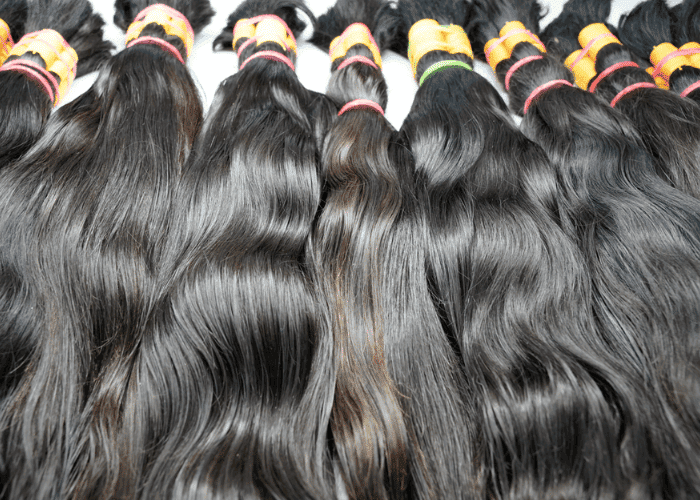
Chinese Virgin Hair
Chinese virgin hair is different from the other types of human hair in that it is thick. Being thick, it is very straight unlike Indian hair that is soft with curls. The hair has what we refer to as a “lift effect” because if it is cut very short, the hair will not lay down flat on the base of the hair system – it will have a lift to it. As is the case with Remy hair, the tips and the roots are all in the same direction so we just need to do acid treatment on the roots. Chinese virgin hair also has no dyed hair among it and it has all its cuticles intact.
Chinese virgin hair is a good choice for your clients who have thick hair. Conversely, if your clients have very soft, natural hair, never choose Chinese hair for them otherwise the hairpiece will not blend well with their own hair. There will always be a clear distinction between the hairpiece and their own hair which is not what anyone wants. Another factor to be aware of is that when clients ask for a light-colored hairpiece or one with very small curls like Afro curls, the hair needs to be processed much more than other hair colors or hair curls. Indian hair is too thin to take those kinds of heavy treatment as they would break the hair. Since Chinese virgin hair is a thick, stiff type of hair, it responds well to additional processing and that is why we choose Chinese virgin hair when clients ask for a light color or small curls.
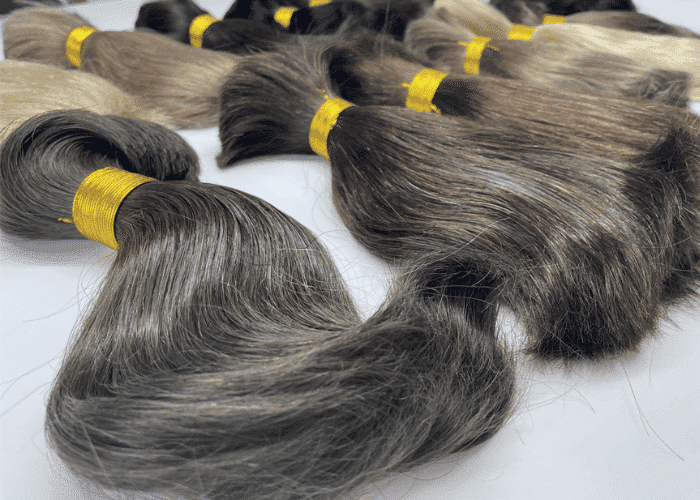
European Hair
Finally, we have European hair. European hair is the best quality hair on the market. It is very soft and thin and is naturally shiny. What’s more, it will become shinier and shinier after several times of washing. European hair is another type of human hair that just needs acid treatment on its roots since the tips and roots all point in the same direction. It has no dyed hair and all its cuticles. We do not recommend dyeing hair European hair as the hair is too thin. Consequently, dyeing will break down the texture of the hair and damage the hair. To match our hair to that of your clients’, we would simply choose the most appropriate natural color from our own selection of European hair. Bear in mind that there may be a degree of color difference but we believe it is in the best interests not to dye the European hair of your clients’ hair systems.
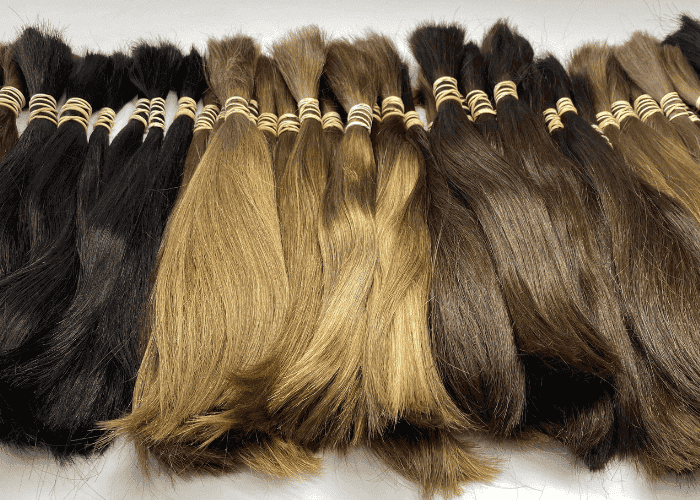

Whatever type of human hair you request for your hair systems, you can rest assured that that is the type you will receive from us. We use 100% human hair on our wigs and we do not take shortcuts. You can click on this link to view more about our products of different human hair: https://staging.newtimeshair.com/hair-replacement-systems/. We hope you now feel better informed when it comes to discussing different types of human hair for hair systems and that you will be able to more confidently steer your clients towards the best hair systems for them. If you would like to know more then please feel free to get in touch at info@newtimeshair.com or fill in your requirements on the order form below.
You may also be interested to know that we are going to publish a series of video blogs in the near future about the various techniques involved in the hair replacement industry. If you do not want to miss them, you can subscribe to our newsletter via our website.
